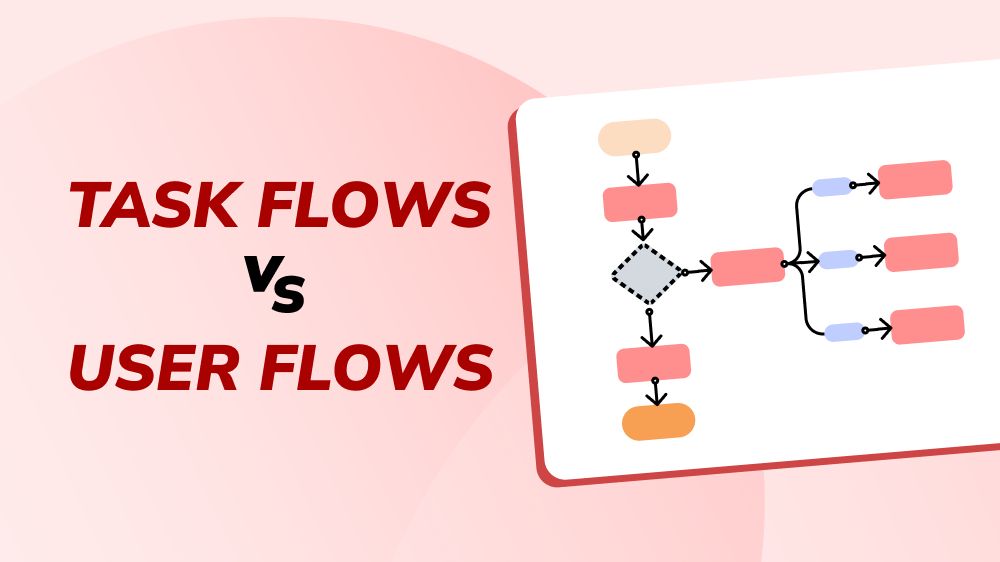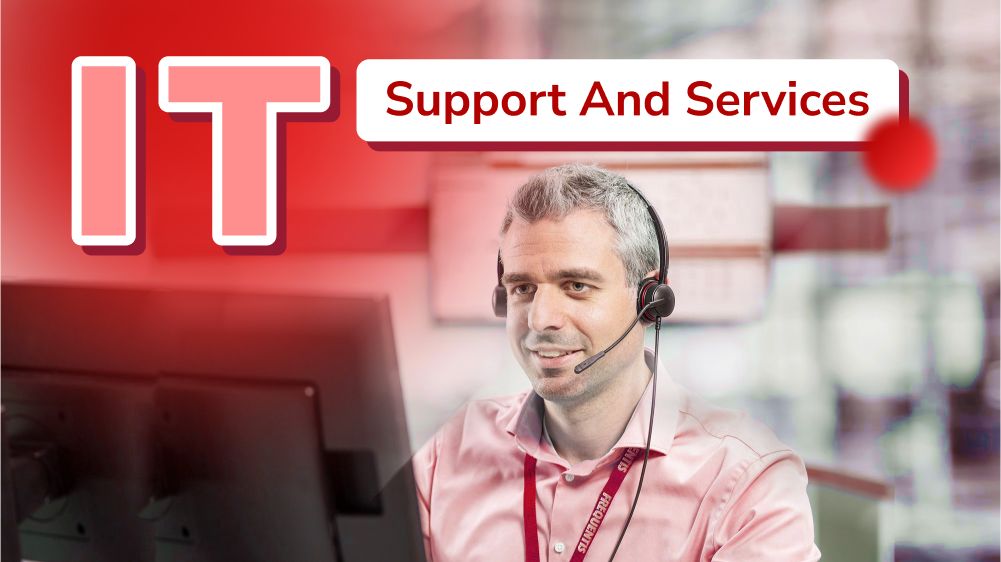
Next-level Leadership: Harnessing the Potential of Managing Distributed Teams

Content Map
More chaptersIn today’s rapidly evolving workforce, the concept of distributed enterprises and distributed teams is gaining significant traction. As organizations embrace the power of remote software development teams and global collaboration, the traditional notion of teams confined to a single physical location is being redefined. Distributed teams, composed of individuals working remotely from various locations, offer unprecedented flexibility, diversity, and access to talent.
A distributed team, similar to a remote team, refers to a group of individuals who work from different physical locations. However, there is a distinction between the two. In a distributed team, each team member is in the same situation as nobody works from a physical office. On the other hand, in a remote team, some individuals work in an office while others work remotely. Remote teams lie somewhere between on-site and distributed teams, which might explain why the distributed workforce model was gaining popularity even before the COVID-19 lockdown.
However, managing distributed team members comes with its own set of unique challenges. Effective leadership plays a pivotal role in ensuring the success and productivity of these teams. Leaders must adapt their management styles, communication strategies, and organizational structures to harness the full potential of distributed teams.
Understanding the Dynamics of Distributed Teams
Remote workers have become increasingly common, with organizations embracing remote work arrangements. Managing an entire team spread across different locations presents unique challenges and benefits. To effectively navigate this dynamic work environment, it is crucial to understand the intricacies and dynamics of distributed teams.
The most significant challenge of managing a distributed team is the physical separation of team members, which leads to the following obstacles:
- Communication Barriers: The physical separation of remote team members can hinder effective communication. Differences in time zones, language barriers, and reliance on technology for communication can lead to misinterpretations and delays in information sharing.
- Lack of Face-to-face Interaction: Without regular face-to-face interactions, building relationships and establishing trust can be more challenging. Non-verbal cues and spontaneous collaboration may be limited, potentially impacting team cohesion and creativity.
- Coordination and Collaboration: Coordinating tasks and collaborating across different locations can be complex. Ensuring everyone is aligned, managing overlapping work hours, and fostering a collaborative environment requires deliberate efforts and effective tools.
- Cultural and Language Differences: In globally distributed teams, cultural and language variations may arise, leading to misunderstandings and difficulties in aligning work practices, company culture, expectations, and communication styles.
Important Points to Keep in Mind for Managing Distributed Teams Easily in the First Place
By implementing effective strategies to address the challenges inherent in managing distributed team best practices, one can create a distributed team that is easily manageable in the first place. It is essential to understand these factors to foster a cohesive and productive remote work environment.
Time Zone Differences
Time zone differences play a crucial role in managing a distributed team effortlessly for several reasons:
- Communication: Effective communication is vital for any development team, and time zone differences can significantly impact communication. When team members are spread across different time zones, it becomes necessary to synchronize schedules and find overlapping hours for real-time collaboration.
- Collaboration and Coordination: Distributed teams often need to work together on projects, share updates, and coordinate their efforts. The differences in time zone can make it challenging to coordinate tasks and maintain a seamless workflow. By being mindful of time zones, team members can plan their activities in a way that minimizes delays and maximizes productivity.
- Meeting Management: Holding meetings is an integral part of team collaboration, but it can be quite challenging when team members are spread across different time zones. Efficiently managing meetings requires considering the availability and preferences of all team members.
- Support and Responsiveness: Distributed teams often rely on each other for support and quick responses. Time zone differences can impact the turnaround time for addressing queries or issues.
Cultural Diversity
To manage a distributed team effortlessly, it is crucial to recognize and leverage the benefits of cultural diversity.
- Adaptability and Flexibility: Distributed teams often work with colleagues or clients from different countries or regions. Cultural diversity facilitates adaptability and flexibility in understanding and accommodating diverse work styles, communication norms, and business practices.
- Cross-cultural Communication: Effective communication is vital for any team, and cultural diversity presents both opportunities and challenges in this regard. Team members from different cultures may have distinct communication styles, norms, and preferences.
- Conflict Resolution: In diverse teams, conflicts may arise due to differences in opinions, values, or cultural backgrounds. However, cultural diversity also brings the potential for creative problem-solving and conflict resolution.
- Innovation and Market Expansion: Cultural diversity within a distributed team can be a valuable asset for innovation and market expansion. Different cultural backgrounds bring unique insights into consumer behaviors, preferences, and market trends.
- Employee Engagement and Inclusion: Embracing cultural diversity creates an inclusive work environment where team members feel valued, respected, and represented.
Work-Life Balance and Burnout
- Employee Well-being: Distributed teams often face unique challenges, such as blurred boundaries between work and personal life, increased workload due to different time zones, and potential feelings of isolation.
- Productivity and Performance: When team members have a healthy work-life balance, they are more likely to be focused, motivated, and productive. Overworking or neglecting personal needs can lead to exhaustion, decreased concentration, and diminished performance.
- Mitigating Burnout and Turnover: Burnout is a significant risk in distributed teams, as individuals may face unique challenges such as longer work hours, increased autonomy, and limited social interaction. Burnout not only affects the well-being of team members but also has negative consequences for team performance and overall project success.
- Flexibility and Adaptability: Distributed teams often provide flexibility in work hours and location, allowing team members to balance their personal and professional responsibilities effectively. This flexibility enables individuals to meet personal commitments, attend to family needs, or pursue hobbies and interests.
- Retaining and Attracting Talent: In today’s competitive job market, work-life balance is a significant consideration for many professionals. Organizations that prioritize work-life balance and prevent burnout are more likely to attract and retain top professionals.
Human Resources of Distributed Team
“Human Resources of Distributed Team” refers to the process and resources involved in recruiting and selecting the right individuals for a distributed team. It is indeed a key factor in managing a distributed team effortlessly for several reasons:
- Skills and Expertise: Hiring the right team members with the necessary skills and expertise is crucial for the success of a distributed team. Identifying and recruiting individuals who possess the required competencies and experience in remote work or distributed collaboration ensures that the team can perform their tasks effectively.
- Remote Work Experience: Hiring resources with prior remote work experience or the ability to adapt to remote work environments is advantageous. Remote work requires self-discipline, time management skills, and the ability to work independently.
- Adaptability and Self-Motivation: Distributed work environments require individuals who are adaptable, self-motivated, and proactive. Assessing candidates’ ability to work independently, manage their time effectively, and adapt to changing circumstances is essential.
- Cultural Fit: Cultural fit is important in any team, including distributed teams. When hiring team members, considering their compatibility with the team’s values, work culture, and collaboration style is crucial.
Strategies for Effectively Managing Distributed Teams

Effectively managing distributed teams requires implementing specific strategies to overcome the challenges of remote work and ensure seamless collaboration. Here are some strategies for effectively managing distributed teams:
Outlining clear and realistic expectations for team members: Clear expectations are the foundation of successful teamwork. When managing a distributed team, it is essential to establish clear and realistic expectations for each team member. Clearly communicate project goals, deliverables, deadlines, and performance metrics. Setting expectations helps team members understand their roles and responsibilities, promotes accountability, and eliminates confusion or ambiguity.
Leverage technology and remote collaboration tools: Technology plays a vital role in facilitating communication and project management in distributed teams. Leverage a range of remote collaboration tools that allow asynchronous communication, such as video conferencing, instant messaging, project management tools, and cloud-based document-sharing platforms. These tools enable real-time communication, file sharing, task tracking, and collaboration, fostering seamless team interactions and ensuring that everyone is on the same page.
Fostering a positive team culture and maintaining team morale from a distance: Building a positive team culture is challenging when team members are physically separated. Implement distributed team best practices to foster a sense of camaraderie and maintain team morale. Encourage regular social interactions through virtual team-building activities, such as virtual coffee breaks, online games, or informal video chats. Celebrate team achievements and milestones publicly to boost morale and foster a sense of accomplishment.
Promote a healthy work culture that values work-life balance and supports mental and emotional well-being. Encourage team members to take vacation time and provide resources for managing stress and maintaining a healthy lifestyle. Regularly check in with team members to assess their workload, provide the necessary support, and address any signs of burnout promptly.
Regular check-ins, feedback loops, and performance evaluations: Regular team meetings and feedback are essential in order to effectively manage distributed teams. Schedule regular check-ins with team members to discuss progress, address challenges, and provide support. Create feedback loops where team members can openly share their ideas, concerns, and suggestions.
Additionally, establish a system for performance evaluations that aligns with the team’s goals and objectives. Recognize successes, offer constructive criticism, and point out potential improvements. Performance evaluations help team members understand their strengths and areas for growth, fostering continuous improvement.
Considering reliable resources for hiring distributed workforce: When managing remote employees becomes a challenge, outsourcing to a reliable partner can be a viable solution. Orient Software is a trusted outsourcing company with a proven track record in providing experienced development team models and services, including distributed team members for various projects and industries. With its expertise in managing remote teams, Orient Software offers seamless collaboration, effective communication, and high-quality results.
If you’re looking to overcome the challenges of managing distributed teams, consider Orient Software as your outsourcing partner. Their experienced professionals bring diverse skills and expertise, enabling you to build a successful distributed team that meets your technical requirements and business goals.






